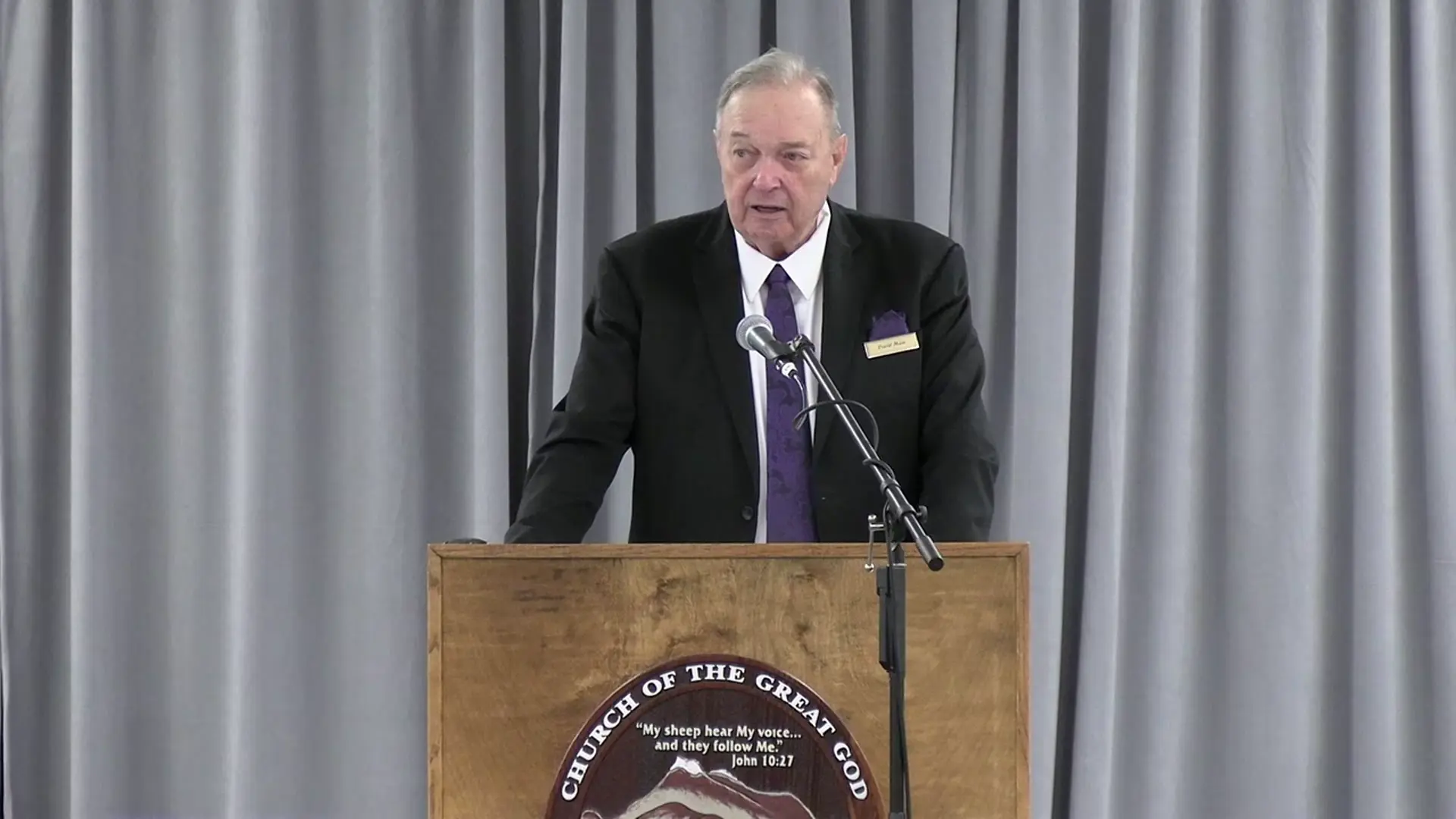Filter by Categories
Spiritual Leitmotifs: Patterns of Seven
Sermon by David F. MaasGod's signature, the repeatable pattern of the recurring number seven, can be seen in astronomy, physics, chemistry, genetics, and all other sciences.
Lessons From the Eighth Day
Sermonette by David C. GrabbeThe priests saw the glory of God after seven days of consecration. Similarly, after 7000 years of human history, the Eighth Millennium will dawn.
An Abundant Spiritual Offering
Sermonette by David C. GrabbeThe number eight signifies a new start with abundance abundance following a period of time (a week, seven years, or a millennium) of preparatory activity.
The Eighth Day (2019)
Sermonette by David C. GrabbeThe Eight Day (or Last Great Day) has little written about it, but the patterns of Scripture reveal much about the abundance of this holy day.
Pentecost - The Beginning - All in All
Feast of Tabernacles Sermon by Mark SchindlerWe must look beyond our own calling, realizing that the sacrifice of Christ was for all men, with the hope that they will be added to the family of God.

Simplifying Life (Part Five)
Feast of Tabernacles Sermon by David F. MaasThe seventh-day Sabbath is God's design for rest, sanctification, and restoration, both today and for the entire creation in the Kingdom of God.

Strategies for Interfacing with Babylon without Becoming Assimilated (Part Four)
Feast of Tabernacles Sermon by David F. MaasOver 77% of 'Christian' churches have chosen the day of the sun as their day of rest, rejecting the day God hallowed from creation, seen in the 4th Commandment.
Understanding Shemitah and Jubilee Cycles
Sermonette by Clyde FinkleaPeople have speculated that Jesus Christ will return at the beginning of a Jubilee year, on the 120th year of Jubilees following 6,000 years.

Standing on the Sea of Glass
Feast of Tabernacles Sermon by Martin G. CollinsThe Sea of Glass at God's throne reflects and symbolizes God's holiness and purity, peace and calmness, and His purposes of righteousness and love.
Seeing God in Creation (Part Three)
Sermonette by Ronny H. GrahamPhysicists see order and regularity in nature, seeing the ubiquitous pattern of the golden ratio unifying the shapes of rose petals, shells, and the human body.
The Faith of Israel
Sermonette by David C. GrabbeNot only did Israel cross the Red Sea on the Last Day of Unleavened Bread, but it was also when Jericho's walls fell and when Jesus healed the lame man.
Numbers Don't Lie
Feast of Tabernacles Sermon by Mike FordThere are responsible and irresponsible uses of numbers. Only God's numerical patterns are reliable, while all humanly-devised uses of numbers are bogus.
Does Doctrine Really Matter? (Part Fourteen)
Sermon by John W. RitenbaughGod has sanctified no day other than the Sabbath. Sunday worship is a pagan deviation, perpetuated by Gnosticism, a movement that despises God's laws.
Does Doctrine Really Matter? (Part Thirteen)
Sermon by John W. RitenbaughThe elect are not immune to antinomian deception, including the doctrine of eternal security, the total depravity of man, unconditional love, and cheap grace.